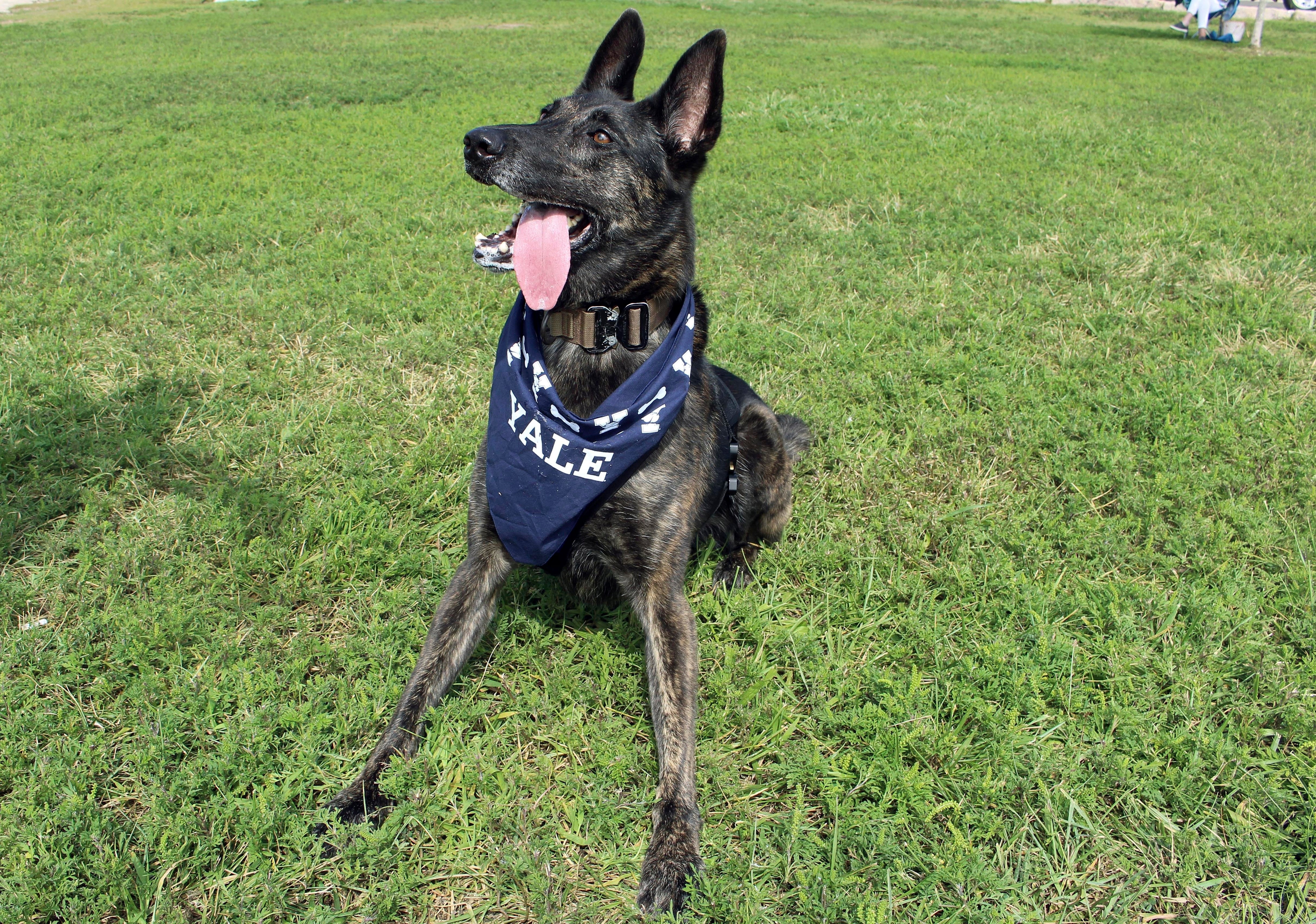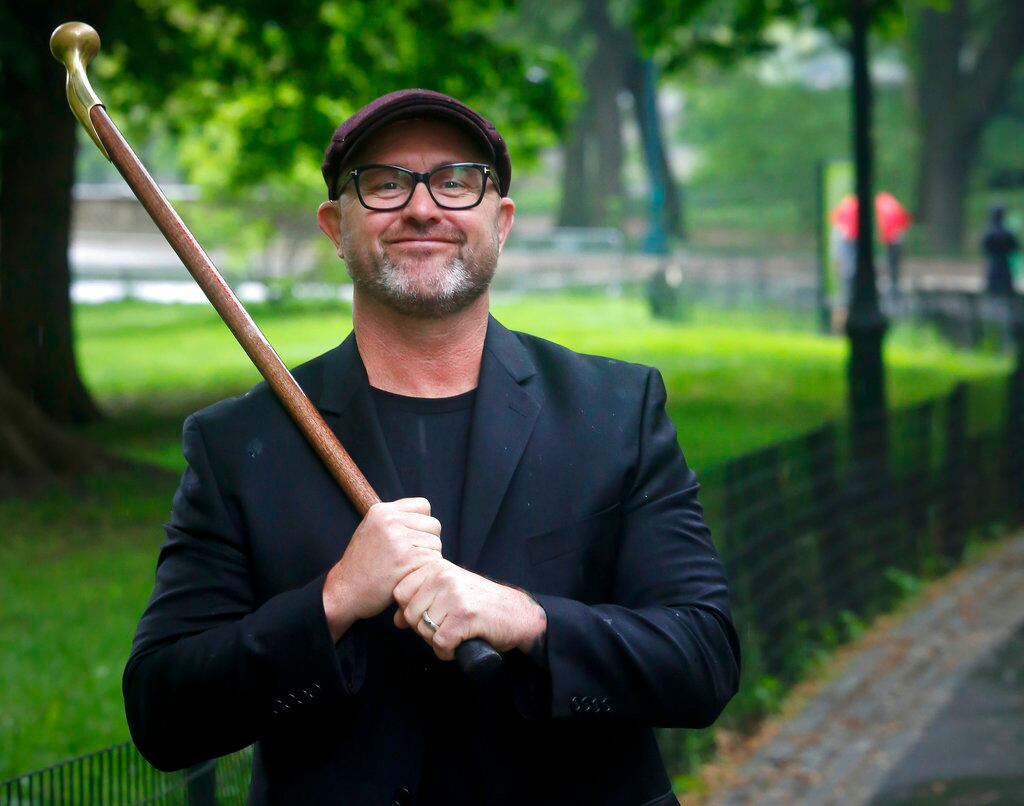NEW HAVEN, Conn.— Retired Senior Chief Special Warfare Operator James Hatch says heading to class as a freshman at Yale University is just about as nerve-wracking as preparing for the uncertainty of combat.
At 52 years old, Hatch does not fit the profile of the traditional Yale freshman.
"My experience in academia is somewhat limited, at best," he said. "But I want to learn, and I feel this can make me a better person. I also feel my life experience, maybe with my maturity — which my wife would say is laughable — I think I can help some of the young people out."
Hatch's journey to the Ivy League has been serpentine.
He joined the military out of high school, became a SEAL and spent just short of 26 years in the Navy, fighting in Afghanistan and other hot spots.
His military career ended after he was seriously wounded in 2009 during a mission to find Army Sgt. Bowe Bergdahl, who had walked off his post.
Eighteen surgeries and some notoriety followed after his story became public during Bergdahl's trial. He suffered from serious post-traumatic stress, fell into drinking and drugs, and even attempted suicide.
But he got help from professionals and his family, he said, and is now better able to cope.

Hatch has authored a memoir, become a speaker and runs Spikes K-9 Fund, a nonprofit organization that helps cover the health care costs and provides ballistic vests for police and military dogs.
It's a cause he has been passionate about since being a dog handler in the military. He credits dogs with saving his life several times, including on his final mission, when one alerted him to the position of the enemy.
Hatch was admitted to Yale after applying to be an Eli Whitney scholar, a program for nontraditional students who have had their educational careers interrupted.
"I was shocked to get accepted," he said. "But my wife told me I would be silly not to take this opportunity, and she's right. So I'm going to do my best, get in there and start swinging."
RELATED

Hatch is in Yale’s Directed Studies program, which teaches students how to analyze great texts and write persuasive essays through courses in philosophy, literature, and historical and political thought. Tuition and other costs are being covered by the G.I. Bill, scholarships from veterans groups and Yale.
He will attend classes with his PTSD service dog, Mina, who he said has already become popular with other students. His biggest worries, he said, are that he's too old and might not fit in or be able to do the work.
"I think everyone there has a little bit of this 'impostor syndrome' where you feel, 'Oh, my gosh, am I good enough to be here,'" he said.
But Hatch is just the type of person the Yale wants, said Patricia Wei, the director of admissions for the Eli Whitney Students Program.
"He brings just an incredibly different perspective," she said. "We don't have anyone here that is like Jimmy and just his life and professional experiences will add tremendously to the Yale classroom, to the Yale community."
Hatch said he believes having a Yale degree will open more doors for him in seeking funding for his charity work. He also believes it might broaden his world view and help get him a seat at the table when government officials start discussing where and when to use the U.S. military.
“I feel like the political folks and the senior military folks spend so much time in that particular fish tank, that they some of the givens in their mind, should not be givens,” he said. “I believe getting a classical education can help fill in my base and combined with my military experiences can be the most beneficial thing I can have. I think I have a voice that should be heard.”









